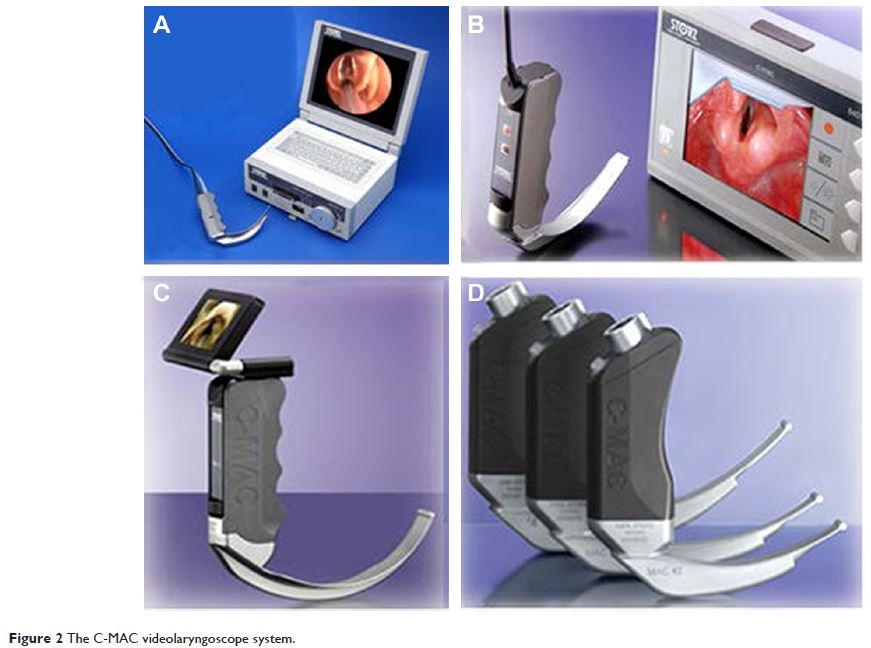109451
论文已发表
注册即可获取德孚的最新动态
IF 收录期刊
- 3.4 Breast Cancer (Dove Med Press)
- 3.2 Clin Epidemiol
- 2.6 Cancer Manag Res
- 2.9 Infect Drug Resist
- 3.7 Clin Interv Aging
- 5.1 Drug Des Dev Ther
- 3.1 Int J Chronic Obstr
- 6.6 Int J Nanomed
- 2.6 Int J Women's Health
- 2.9 Neuropsych Dis Treat
- 2.8 OncoTargets Ther
- 2.0 Patient Prefer Adher
- 2.2 Ther Clin Risk Manag
- 2.5 J Pain Res
- 3.0 Diabet Metab Synd Ob
- 3.2 Psychol Res Behav Ma
- 3.4 Nat Sci Sleep
- 1.8 Pharmgenomics Pers Med
- 2.0 Risk Manag Healthc Policy
- 4.1 J Inflamm Res
- 2.0 Int J Gen Med
- 3.4 J Hepatocell Carcinoma
- 3.0 J Asthma Allergy
- 2.2 Clin Cosmet Investig Dermatol
- 2.4 J Multidiscip Healthc

目前在成人气道管理中使用 C-MAC 视讯仪的证据:一个文献综述
Authors Xue FS, Li HX, Liu YY, Yang GZ
Received 6 March 2017
Accepted for publication 23 May 2017
Published 3 July 2017 Volume 2017:13 Pages 831—841
DOI https://doi.org/10.2147/TCRM.S136221
Checked for plagiarism Yes
Review by Single-blind
Peer reviewers approved by Dr Akshita Wason
Peer reviewer comments 2
Editor who approved publication: Professor Deyun Wang
Abstract: The C-MAC videolaryngoscope
is the first Macintosh-typed videolaryngoscope. Since the advent of its
original version video Macintosh system in 1999, this device has been modified
several times. A unique feature of C-MAC device is its ability to provide the 2
options of direct and video laryngoscopy with the same device. The available
evidence shows that in patients with normal airways, C-MAC videolaryngoscope
compared with direct laryngoscopy can provide comparable or better laryngeal
views and exerts less force on maxillary incisors, but does not offer
conclusive benefits with regard to intubation time, intubation success, number
of intubation attempts, the use of adjuncts, and hemodynamic responses to
intubation. In patients with predicted or known difficult airways, C-MAC
videolaryngoscope can achieve a better laryngeal view, a higher intubation
success rate and a shorter intubation time than direct laryngoscopy.
Furthermore, the option to perform direct and video laryngoscopy with the same
device makes C-MAC videolaryngoscope exceptionally useful for emergency
intubation. In addition, the C-MAC videolaryngoscope is a very good tool for
tracheal intubation teaching. However, tracheal intubation with C-MAC
videolaryngoscope may occasionally fail and introduction of C-MAC
videolaryngoscope in clinical practice must be accompanied by formal training
programs in normal and difficult airway managements.
Keywords: videolaryngoscopy,
direct laryngoscopy, airway management, tracheal intubation, patient safety
